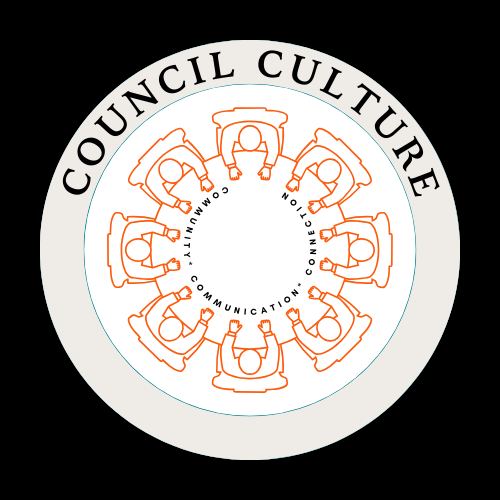Understanding Psychopathic and Narcissistic Behaviour in Councils
Understanding Psychopathic and Narcissistic Behaviour in Councils
By Becky Walsh
As part of the SLCC's Civility and Respect series, this final session dives into a challenging subject: understanding psychopathic and narcissistic behaviours in the workplace, particularly within the context of local councils.
While these terms may conjure up extreme images, many of the traits we discuss are surprisingly common in public life. In fact, between 4% and 12% of CEOs and senior leaders are estimated to have psychopathic traits. This doesn’t necessarily mean they are dangerous, but they may exhibit behaviours that can be damaging in collaborative environments like councils.
Psychopathy vs. Narcissism
Psychopaths typically lack empathy due to a developmental difference in the brain. This missing neurological function affects their emotional understanding, often making them appear shallow, cruel, or indifferent to others' suffering. They’re commonly drawn to power and control and may climb organisational ladders through charm, manipulation, and strategic conflict.
Narcissists, on the other hand, are driven by a need for attention and validation. Unlike psychopaths, their empathy pathways are intact, but their focus on themselves often overrides their ability to care for others. They may exaggerate their achievements, monopolise conversations, and become defensive or aggressive when criticised.
Why Councils?
Councils often attract these personalities due to their structure, visibility, and potential for status. Positions of influence within local government can be appealing to those craving authority or attention. These individuals may start off as charming, proactive contributors but can become disruptive over time, destabilising group dynamics and harming morale.
Recognising the Patterns
Some common traits include:
Superficial charm
Grandiose sense of self-worth
Pathological lying
Lack of remorse or empathy
Manipulative behaviour
Arrogance and entitlement
They may also engage in tactics like setting people against one another, subtly undermining colleagues, or dominating meetings.
What Can Be Done?
You can’t change a person’s personality disorder, but you can change how you interact with them. Here are some strategies:
1. Grey Rock Technique Become as emotionally unreactive and boring as a stone. Don’t give them the drama, attention, or emotional response they crave. Respond in a calm, monotone voice. Avoid expressing irritation or enthusiasm. This makes you less interesting to manipulate.
2. Stay Out of the Drama Triangle This psychological model involves three roles: Persecutor, Victim, and Rescuer. If you’re being pulled into this triangle, you’ve lost your neutrality. Instead, aim to operate from the position of an Adult: calm, rational, and self-aware.
3. Build Collective Power Individually, you may feel powerless. Collectively, your strength grows. Strengthen unity among staff and councillors who share your values. A culture of mutual respect and collaboration becomes a powerful deterrent.
4. Use Council Strategy as a Tool Embed emotional values into your council strategy. When strategies are built on community-derived values like kindness, inclusivity, or environmental stewardship, decisions have broader support and less room for disruption. Psychopaths find emotional discussions unengaging; a united, values-led council is hard to destabilise.
5. Protect Yourself and Others Keep logs and diaries of interactions. Seek external support through coaches or counsellors. Ensure that team members with less power are protected. Introduce 360-degree feedback to ensure leadership accountability and create a culture of trust.
6. Direct Difficult Individuals Toward Purposeful Work If safe and appropriate, assign high-status projects to those seeking attention or control. It might redirect their energy productively and reduce their disruptive tendencies.
Psychopathic and narcissistic traits are present in every sector, not just councils. The key is not to pathologise everyone who is challenging but to recognise when behaviours are toxic, manipulative, or harmful. Through emotional intelligence, structured strategies, and collective resilience, councils can become stronger, healthier environments where these traits have little room to thrive.
And remember: light spreads just as powerfully as darkness. Kindness, clarity, and courage are contagious.
